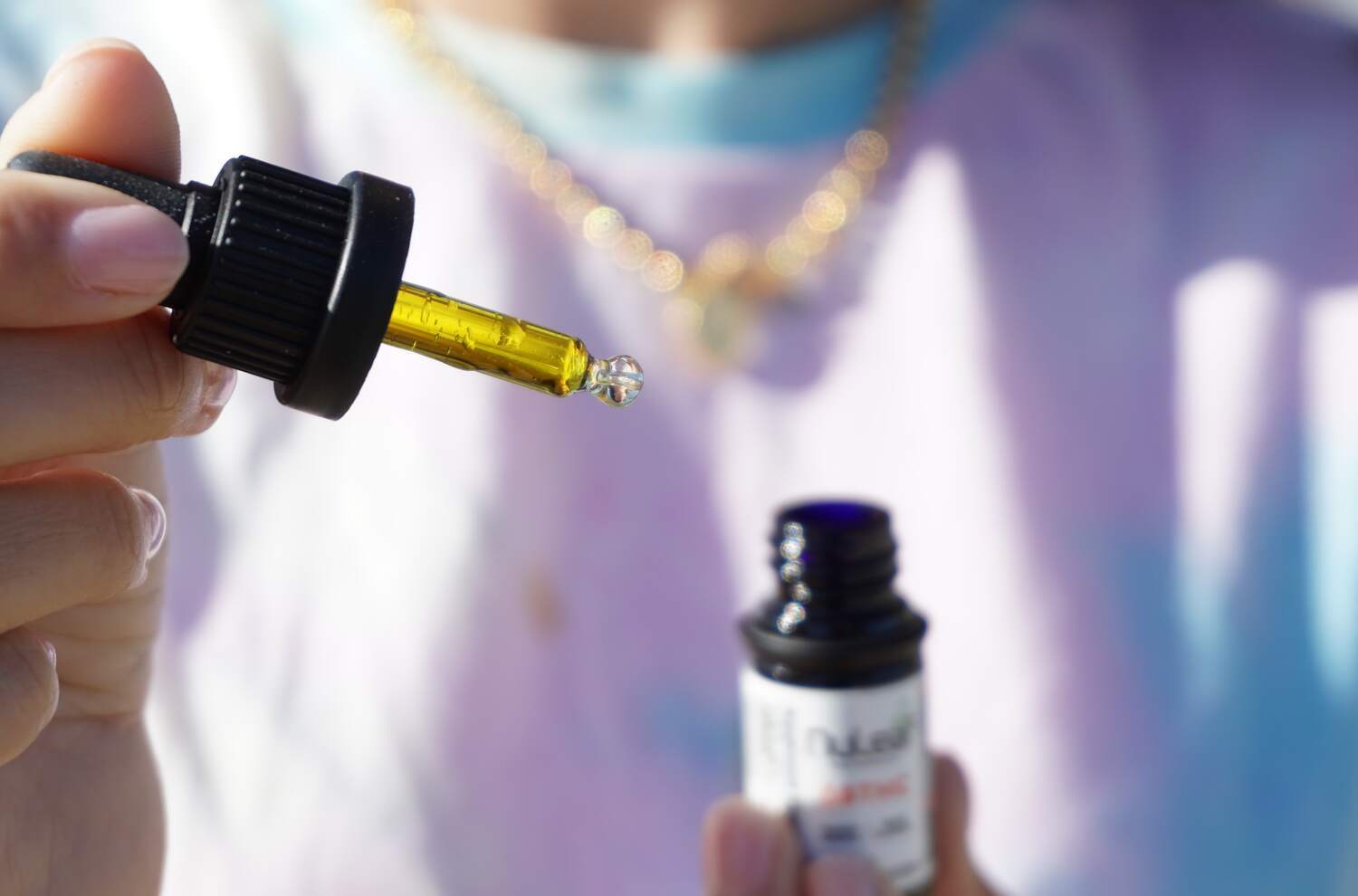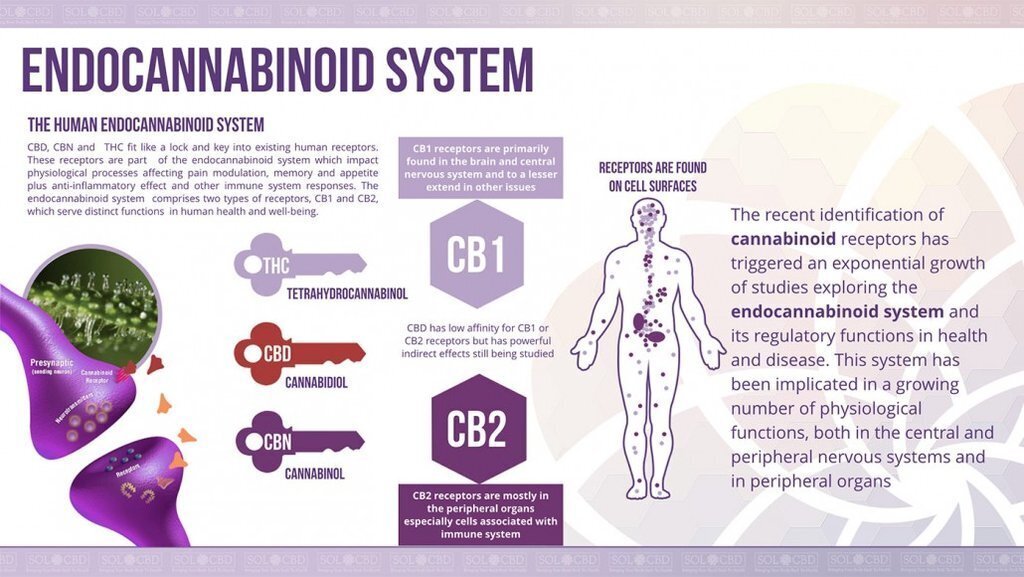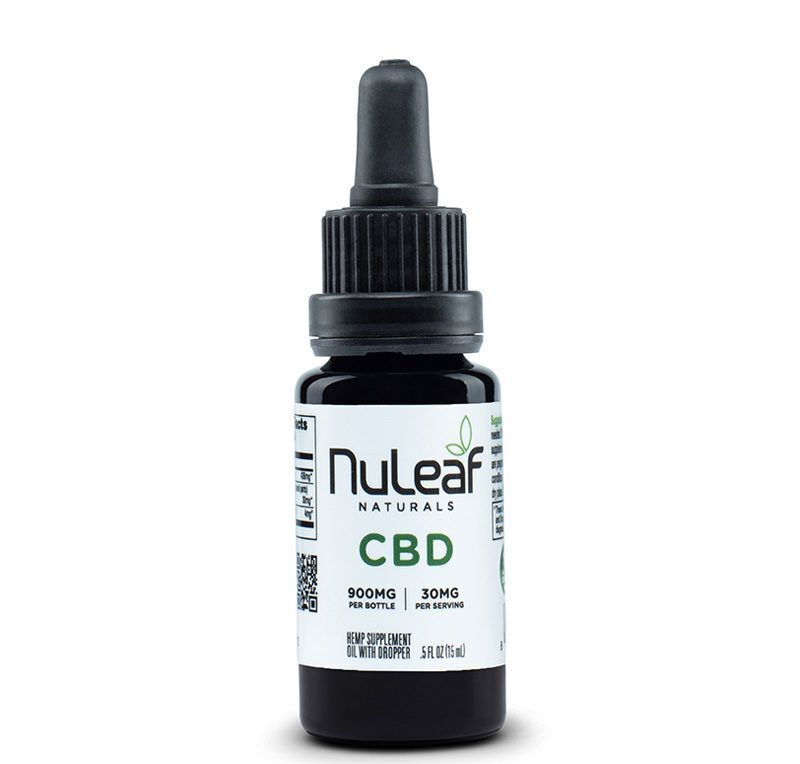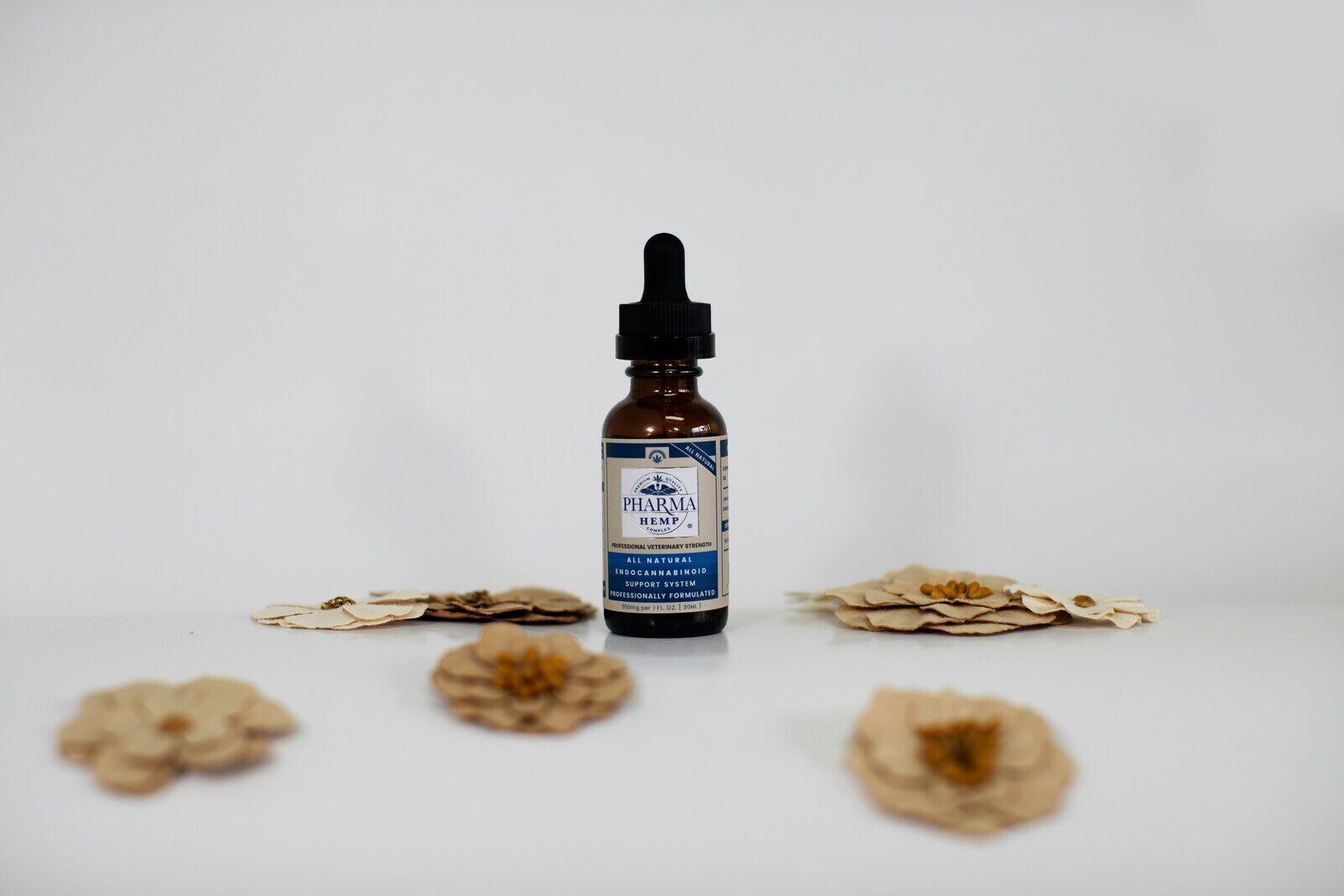In the last few decades, research surrounding the cannabis plant has taken a dramatic upswing. Information about how these plants function and how they impact our brain chemistry was first discovered in the late 1980s. Since then, we’ve been able to uncover a world of information that’s dramatically changed the way we think about cannabis as a whole. From breaking down stereotypes about the use of the plant to utilizing some of its compounds for medical relief, it’s an amazing time to be alive.
One of the more prominent aspects of this research has to do with a compound called cannabidiol (CBD). While most people tend to talk about the tetrahydrocannabinol (THC) level of cannabis, the aspect responsible for producing psychotropic effects, discussions around CBD are becoming more and more commonplace.
If you’re looking to integrate cannabidiol into your daily routine for health and wellness benefits, it’s important to understand the range of products on the market. Let’s take a closer look at two of the more popular CBD options as well as explore just how it works within your body.




